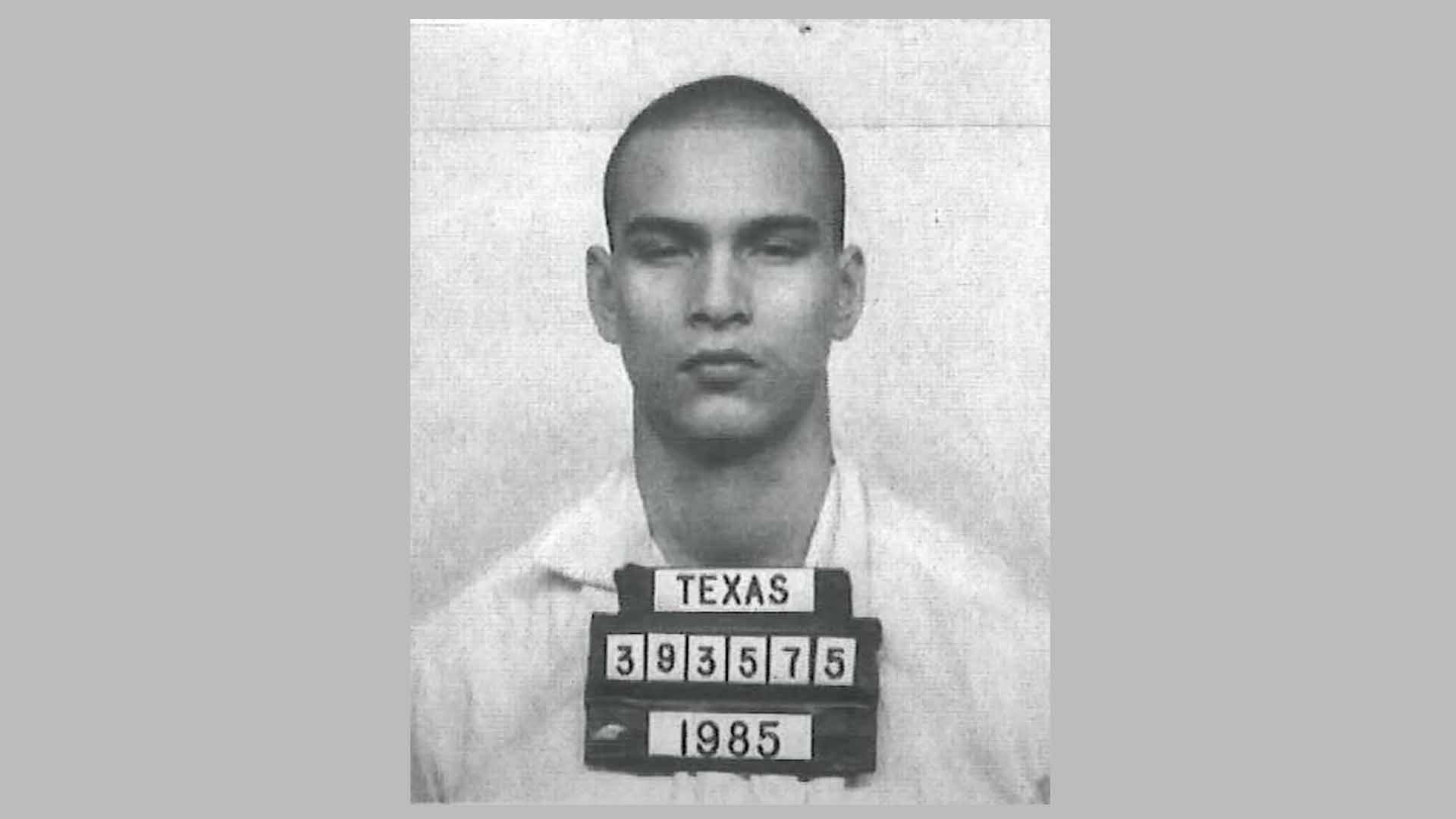
Five or six months ago, our team at the Maybe God Podcast decided to produce an episode about capital punishment. Little did we know that, of the hundred-or-so episodes we’ve done over the past five years, this one would become one of our most intense, emotionally taxing ventures yet.
“It’ll be simple,” we told ourselves. “All we’ve gotta do is find a liberal activist to speak out against the death penalty and a conservative DA to argue in the affirmative!”
As you can imagine, untangling this cultural hairball was anything but simple. Our journey over the past six months led us to interview Rev. Sharon Risher, whose mother was slaughtered (along with eight other church members) by Dylann Roof in 2015. We spoke with a prison chaplain who has personally witnessed executions, a Christian activist named Shane Claiborne who is working to abolish the death penalty, and an innocent man who spent 20 years on death row before being exonerated.
We also sat down in-studio with Arthur Medina, who was sentenced to life in prison for a brutal murder. After serving over 20 years – including 15 in solitary confinement – and having his life transformed by Jesus Christ, Arthur was granted parole and released. Today, he and his wife are building a new life together and sharing the gospel with everyone they meet. Astonishingly, out of everyone we spoke to, Arthur was the most vocal in his support of capital punishment.
By the time we were done, “one simple episode” had grown into a massive, two-part project. You can listen to both parts of “Who Would Jesus Execute” on Apple Podcasts, Spotify, or via Maybe God’s website.
In all honesty, I wasn’t sure where I stood on this difficult issue six months ago. I knew I didn’t particularly like the death penalty (who does?), but I hadn’t taken the time to figure out why, and whether my distaste for capital punishment was reason enough to condemn it altogether.
What makes this issue so challenging is that it requires us to reconsider our political tribalism. Most anti-death penalty activists are quite progressive politically. I’ve made no secret of the fact that, after many years on that side of the political aisle, I left “the Left” when I gave my life to Jesus. That doesn’t mean I cozied up to “the Right” on every issue, either. But I confess that my personal past with progressivism is a complicating factor as I’m wrestling with an issue like this one.
I have come to the same conclusion as many of my progressive pals about capital punishment, but I’ve reached these conclusions for some very different reasons. For example, Shane Claiborne insists that there is a clear mandate in the Bible to end the death penalty. For reasons I discuss in the podcast, I don’t see such a mandate in holy scripture.
Like many progressive activists, Claiborne believes that the answer is something called restorative justice (as opposed to punitive justice), while I believe that, too often, when met with the cold hard truth of the real world, restorative justice dissolves into little more than high-minded, moralistic gobbledygook.
Many in Shane’s camp believe that the death penalty in America is directly descended from the troubling racism of our nation’s past. While there do appear to be some disturbing connections between race and capital punishment in the available data, I don’t believe that capital punishment exists in America because of racism, and I reject the idea that people who support capital punishment do so simply because they’re racist.
My reasons for rejecting the death penalty are very simple: first, all human life is sacred, and if we are able to keep convicted murderers locked away for life instead of executing them, I think we should do it. Second, our forensics technologies are advancing so rapidly that, in recent years, courts have exonerated hundreds of innocent men and women who’d been falsely condemned. Even if it’s just one in a million, the possibility of someone being put to death for crimes they didn’t commit should be reason enough for us to question capital punishment. And third, I’m showing my bias here, but I hope it’s obvious that I want every human being to have every possible chance to know Jesus, and as best as I can tell, it’s impossible to evangelize the dead.
These are just a few of my thoughts on a very complicated, contentious issue. Maybe you agree with me, or maybe you think I couldn’t be more wrong. Either way, I’d love to hear from you! Simply reply to this email, and your response will come directly to me.